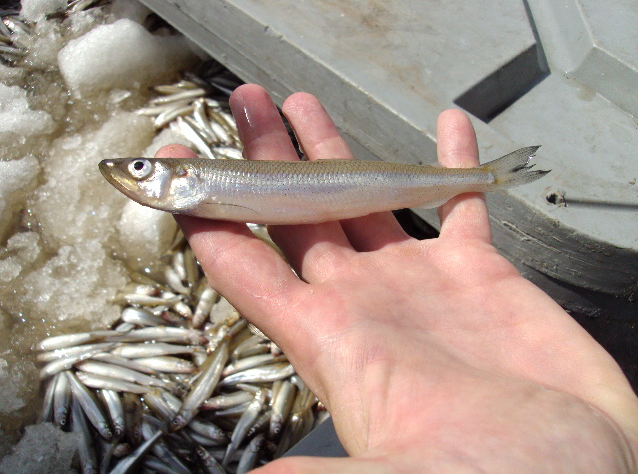THUNDER BAY —Ontario is ramping up its surveillance of Lake Superior smelt for the presence of toxic "forever chemicals."
The Ministry of Natural Resources and Forestry is collecting samples for the environment ministry so the fish can be tested for per- and polyfluoroalkyl substances, also known as PFAS.
This follows recent decisions by regulatory agencies in Minnesota and Wisconsin to issue stricter consumption advisories.
U.S. scientists became concerned after finding elevated levels of PFAS, which pose a variety of health risks to humans.
The man-made chemicals may be contained in non-stick cookware, fast-food wrappers, stain-resistant sprays and numerous other products. They find their way into the environment in various ways, including spills of PFAS-containing materials, discharges of wastewater to treatment plants, and certain kinds of firefighting foam.
Ontario has not been testing rainbow trout for PFAS, but does test for them in larger species.
Now, however, it hopes to sample smelt from each of 12 zones along the Canadian side of Lake Superior, between Pigeon River and Sault Ste. Marie.
To do that, the Ministry of the Environment, Conservation and Parks has enlisted the help of the MNRF.
The MNRF is currently reaching out to anglers, asking them to place about 60 intact smelt in a bag, along with a paper label on which is written (in pencil) the date, the name of the tributary, and the number of smelt in the bag.
The bag should then be placed in a freezer until the ministry can arrange to pick it up.
MNRF spokesperson Fritz Fischer said he's optimistic that people will cooperate, as anglers often find that their nets have caught "more smelt than they know what to do with."
The ministry has already contacted a number of river anglers seeking their participation and has received some samples.
"We may end up with far more smelt than the MECP requires, but that's a good-case scenario," Fischer said.
Anyone interested in taking part in the project should contact Kyle Stratton of the MNRF at kyle.stratton@ontario.ca
